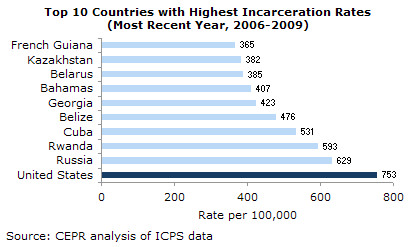At a couple of meetings of the Association of American Geographers, I was curious about the sessions devoted to the geography of crime. This is pretty much what I do when I go these meetings--I attend more sessions outside my areas of familiarity compared to the sessions related to the topics I usually read, write, and teach about. To me, such sessions are wonderful opportunities to know something about topics that I otherwise would have no clue. Further, the geography of crime struck me as something a tad creepy, but I couldn't quite identify why it felt so.
Having been a "student" at those sessions, it turns out, came in handy when the university where I teach decided to launch an academic program in "crime analysis." After initially contributing my two-cents worth, I rapidly pulled back. On top of my typical unwillingness to participate in moneymaking ponzi schemes that increasingly universities develop, it was that lingering creepy feeling that pulled me back even more. By then, I knew what was beginning to worry me: focusing on developing technical approaches to crime analysis and prevention without paying enough attention to the numerous philosophical and legal issues.
I decided not to engage my fellow faculty and administrators on this troubling notion because, over the years, I have come to understand that raising such questions mean that they are ignored or brushed off or, worse, become the reasons for me to end up in even more trouble. There was at least one conversation with one faculty member, "B," where I shared some of my concerns. But then "B," like me, is an outlaw most of the times, and I knew that we were not going to achieve anything, other than elevating our blood pressure!
Ronald Bailey articulates well that creepy feeling I continue to have:
[We] should always keep in mind that any new technology that helps the police to better protect citizens can also be used to better oppress them.The worry about police oppression might be strange, given my personal life that is nothing but worse than plain vanilla. But, hey, this is not about me :)
Bailey writes that researchers claim:
to have developed computer programs that can predict not who will commit a crime, but at what locations they are likely to occur. Welcome to the brave new world of predictive policing.Yes, Virginia, we are quickly, and unthinkingly, morphing into the futuristic times of Minority Report!
How might predictive policing interfere with the Constitution’s Fourth Amendment guarantee that Americans are to be free unreasonable searches and seizures? Andrew Guthrie Ferguson, a law professor at the University of the District of Columbia notes in an article, "Predictive Policing: The Future of Reasonable Suspicion," forthcoming in the Emory Law Journal, that police must have either “probable cause” to search or “reasonable suspicion” to seize an individual. Such determinations are actually predictions by law enforcement officials about the likelihood they will find evidence of a crime when they search a premise or detain a suspect. Can computer programs improve these predictions and thus help police identify would-be perpetrators while excluding the innocent?Ah, yes, the Constitution. The Bill of Rights.
These are the kind of issues that further highlight the importance of liberal education. Not the liberal education where we offer bizarre courses on Lady Gaga or about Rock Music. But, a rigorous liberal education where we actively and seriously engage with students on weighty content.
Instead, academe is increasingly focused on how to make the content more sexy for students. And, sometimes, the focus is on the "sex" of the word sexy. More than once, I have joked with students that I should include the word "sex" in all my course titles and that will draw more students in. A dull boring course title of "Urban Geography" will then be "Sex and Urban Geography." Then, a simple bait and switch and students are trapped in a class from which they cannot withdraw :)
Oh well. I keep thinking and blogging along these lines while the Criminal Justice department itself is perhaps the fastest growing departments on campus, with all its various majors, minors, and certificate programs, including "crime analysis." But then, I have always argued with vigor that I am the global village idiot!
